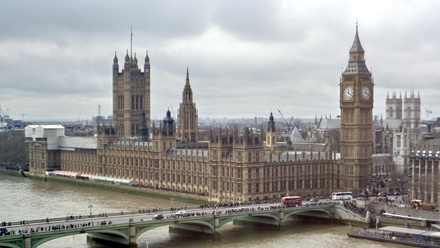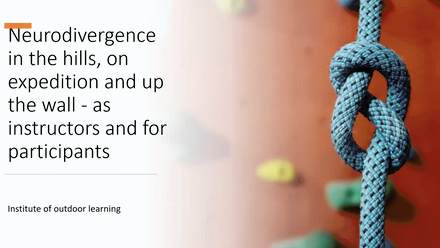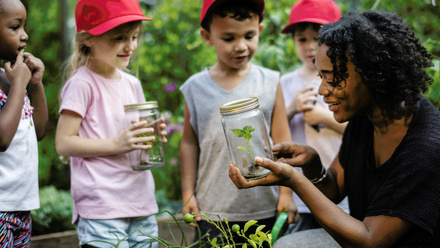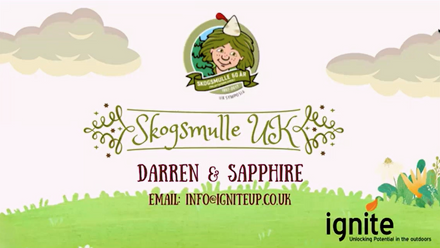Mountain Training Safety Report
Mountain Training 2024 Safety Report
Produced by John Cousins, CEO, Mountain Training UK & Ireland, 06/02/2025
Introduction
The Mountain Training Safety Report 2024 provides an overview of key safety trends, risks, and recommendations within the Mountain Training community as they relate to the activities of climbing, walking and mountaineering. This report is based on data and published reports from 2024. The goal is to promote safe practices and reduce accidents in natural environments and associated artificial structures.
Key trends
- Increase in hill walking and climbing wall participation:
- Post-pandemic interest in adventure activities continues to rise, with Sport England’s Active Lives survey showing climbing, bouldering, hill and mountain walking among the few activities showing a ‘significant increase’.
- National parks and other recreational areas continue to note record visitor numbers, with associated reports of overcrowding in some locations and strain on resources.
- Extreme weather events, such as very high winds, flooding, sudden storms and large temperature variations have become more frequent, posing significant risks to outdoor enthusiasts.
- The use of GPS devices, satellite messengers, and safety apps has aided emergency responses. However, over-reliance on technology has led to some users neglecting traditional navigation skills and preparation.
- Climbing wall construction and development continues and with it, further rises in the number of participants.
- Increase in Mountain Rescue operations:
- Pressure on rescue services is also rising with the most recent Mountain Rescue for England and Wales report acknowledging that they can’t sustain current numbers (the Llanberis Mountain Rescue team that support Yr Wyddfa/Snowdon are close to averaging a rescue every single day of the year).
- Many incidents involving inexperienced hikers.
- Common reasons for rescues include getting lost, injuries and adverse weather conditions.
- Licensing, safeguarding and safety
- Adventure activities are, in some cases, subject to a regulatory framework but this is very tightly defined and many activity providers fall outside of this definition (see Haverfordwest SUP and Glasgow prosecution below for examples).
- There is now also a very understandable drive to address the safeguarding of young people and vulnerable adults across sport and the wider society. However, with this comes a further challenge to ensure we address this in the context of overall safety of all participants (see both the Coroner’s concerns below regarding the Scout Association report and the Marine Accident Investigation Branch’s report on Haverfordwest Stand Up Paddleboard fatalities).




